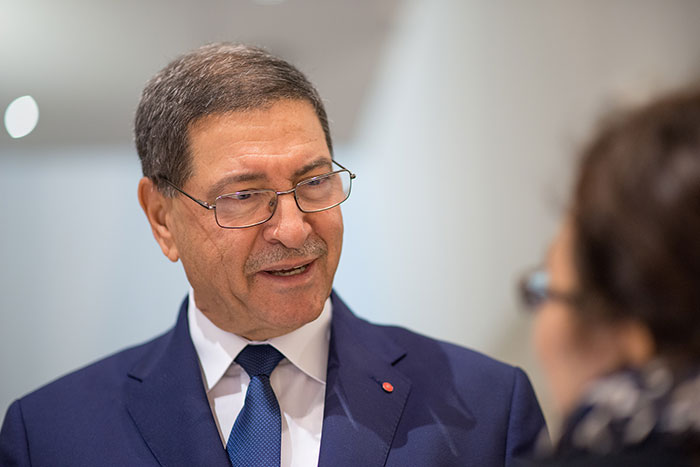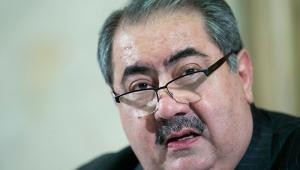web_habib-essid_18126837988_860a470898_o.jpg

Tunisian prime minister Habib Essid has overwhelmingly lost a vote of no confidence. 118 MPs voted to sack him and effectively disband his government.
Despite being hailed as the Arab Spring’s ‘most successful’ revolution, Tunisia remains in economic crisis and unemployment is higher than when former president Zine al-Abidine Ben Ali was ousted by popular revolt in 2011.
With many left feeling they have been robbed of the promises of the revolution, prime minister Essid has faced heavy criticism from both parliament and the population for failing to push through economic reforms.
The US-trained economist lost a vote of no confidence by 188 votes to three, easily passing the 108-vote threshold needed.
Essid said he would ensure the transition to the new government was peaceful, and said that the fierce debate in the run up to the vote, during which he was heavily criticised, “consecrated Tunisia’s nascent democracy”.
Unlike its neighbours Egypt, Yemen, Syria and Libya, where power vacuums left by the Arab Spring have largely been filled with instability and conflict, Tunisia has been able to maintain a parliamentary democracy despite economic turmoil and a spate of jihadi attacks.
A series of terrorist incidents last year decimated Tunisia’s all-important tourism industry, exacerbating the country’s economic problems.
Tunisia’s president, Beji Caid Essebsi, who had already called for a new national unity government last month, now has one month to select a new prime minister. The prime minister will in turn have one month to appoint a cabinet to present to parliament.







